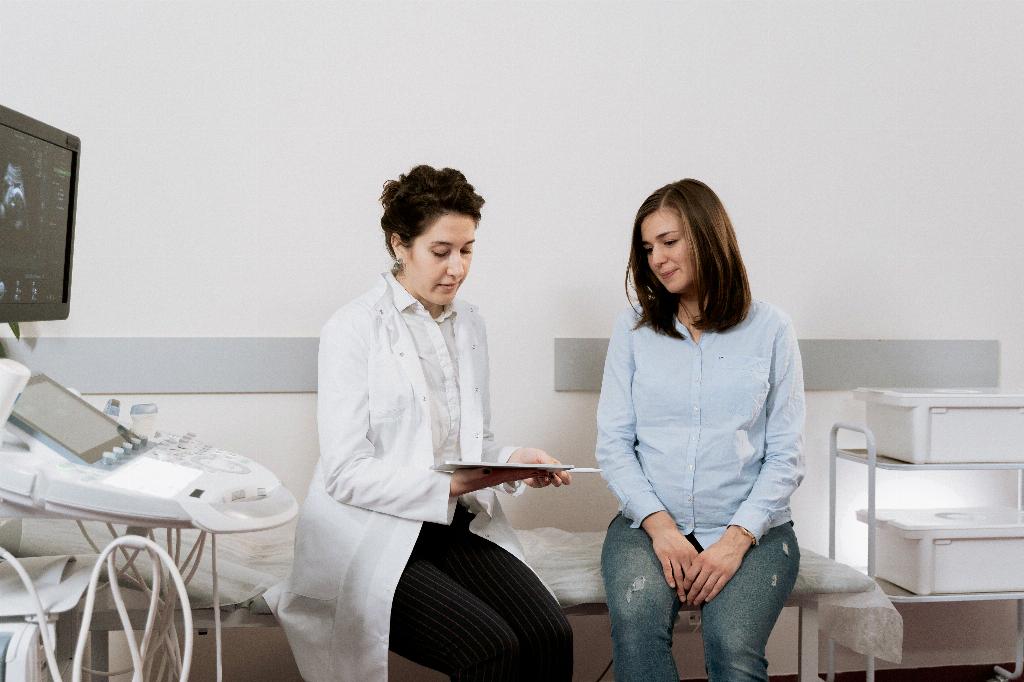During pregnancy, many women experience morning sickness, which can be challenging to cope with on a daily basis. While lifestyle changes like eating small, frequent meals and staying hydrated can help alleviate symptoms, sometimes the nausea and vomiting can be severe and persistent.
When faced with severe morning sickness that doesn’t improve with lifestyle modifications, it is essential to consult with your healthcare provider. Your GP may recommend a short-term course of anti-sickness medication, also known as antiemetics, if deemed necessary.
It is crucial to note that not all anti-sickness medications are safe to use during pregnancy. However, there are specific antiemetics that have been deemed safe for pregnant individuals by healthcare professionals. These medications can provide relief from debilitating symptoms without posing a risk to the unborn baby.
Anti-sickness tablets prescribed during pregnancy are typically selected based on their safety profile for both the pregnant individual and the developing fetus. Healthcare providers consider factors such as the potential benefits of the medication against the risks associated with its use during pregnancy.
While it may be concerning to take any medication during pregnancy, especially during the first trimester when the baby’s organs are forming, sometimes the benefits of controlling severe nausea and vomiting outweigh the potential risks of medication use.
Discussing the options with your healthcare provider is crucial in making an informed decision about the use of anti-sickness tablets during pregnancy. Your GP will assess your individual situation, the severity of your symptoms, and the potential benefits of medication therapy.
Every pregnancy is unique, and what works for one individual may not necessarily work for another. It is essential to follow your healthcare provider’s recommendations and not self-prescribe any medications, including over-the-counter anti-sickness remedies.
Furthermore, it is important to inform your healthcare provider about any other medications or supplements you are taking to avoid potential drug interactions that could harm you or your baby.
Overall, the decision to take anti-sickness tablets during pregnancy should be a careful and informed one. Trust in the expertise of your healthcare provider and prioritize the health and well-being of both yourself and your unborn child.
Remember, managing severe morning sickness is essential for your overall health and comfort during pregnancy. While anti-sickness tablets may be an option in some cases, always consult with your healthcare provider before initiating any new medication regimen.

